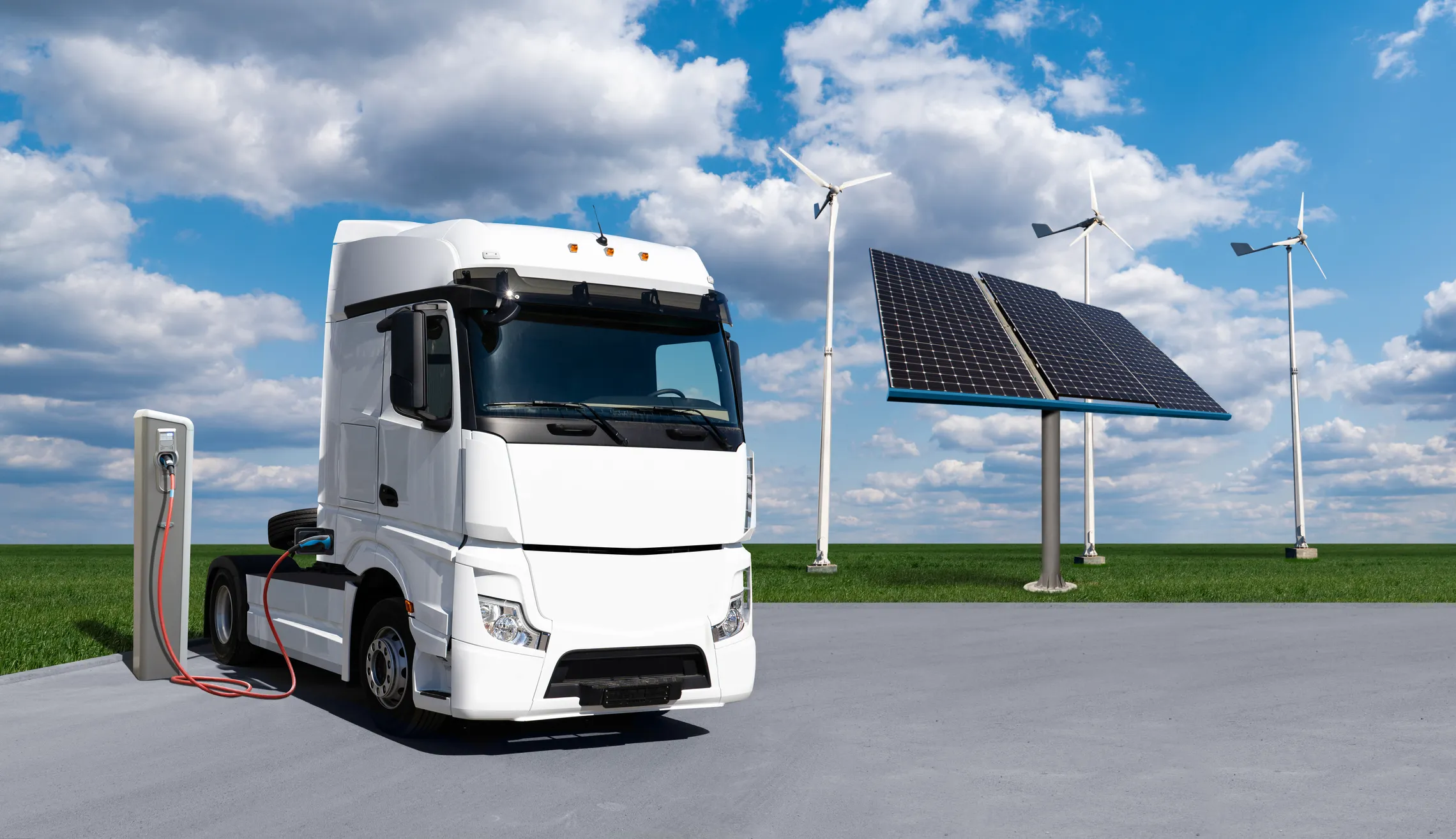Taiwan’s electric vehicle (EV) industry is moving from parts manufacturing to marketing own brands, with the island’s solid base in information and communication technology (ICT) helping it to make its name on the EV stage. Taiwan is also working vigorously to develop its own EV technology, placing it among countries like Brazil.
April 26, 2012
Read time: 2 mins
Taiwan’s electric vehicle (EV) industry is moving from parts manufacturing to marketing own brands, with the island’s solid base in information and communication technology (ICT) helping it to make its name on the EV stage. Taiwan is also working vigorously to develop its own EV technology, placing it among countries like Brazil.
The Yulon Group is one of the island’s first and most important players on the EV scene, forming the driving force behind Taiwan’s Luxgen car brand. The company began work on its first EV model in 2007 and released the Luxgen MPV just two years later. The vehicle comes equipped with a 150kW electric motor with 220N-m torque, similar to the4071 Tesla Roadster. Its motor comes from Fukuta, a Taiwan-based electric motor manufacturer and supplier to Tesla Motors. Another of the company’s models is the Luxgen EVUXGEN EV+.
Pihsiang Machinery Manufacturing Company (PMMC), meanwhile, exhibited its Venus full-electric mini-car and the firm’s patented Dosbas safe battery system at this year’s Motorcycle Taiwan show in Taipei. The company claims the Venus as the first and only electric car to be certified by the domestic Vehicle Safety Certification Center (VSCC) and Electronics Testing Centre (ETC) in Taiwan. It will be sold domestically by the end of 2011, though it has already passed stringent road tests in Europe.
Taiwan manufacturers are also extremely prominent in the light-weight electric vehicle (LEV) sector. Local maker E-Ton has developed its EV6A, or “e-go” e-scooter. The 87 kg LEV has standard and power gears and is powered by a 48V, 2,000W brushless motor.Universal Well Industry makes LEVs under its own Uray brand. The company recently introduced the Pioneer 1.5, an electric motorcycle that has 45 kph maximum speed and 13-degree hill-climbing capacity.
Other major Taiwan EV manufacturers include Amita (battery modules), Chroma (motor and power control), and Garmin, the world’s largest supplier of telematics.
Taiwan is also among the world’s most flexible regions in terms of its EV charging stations’ compatibility factor. In 2011, ARTC began construction on the island’s first full specification EV charging station. These are fully compliant with CHAdeMO (Japan), GB (mainland China), IEC Type I (Europe) and SAE, UL 2202 and 2231 (US) standards.
The Yulon Group is one of the island’s first and most important players on the EV scene, forming the driving force behind Taiwan’s Luxgen car brand. The company began work on its first EV model in 2007 and released the Luxgen MPV just two years later. The vehicle comes equipped with a 150kW electric motor with 220N-m torque, similar to the
Pihsiang Machinery Manufacturing Company (PMMC), meanwhile, exhibited its Venus full-electric mini-car and the firm’s patented Dosbas safe battery system at this year’s Motorcycle Taiwan show in Taipei. The company claims the Venus as the first and only electric car to be certified by the domestic Vehicle Safety Certification Center (VSCC) and Electronics Testing Centre (ETC) in Taiwan. It will be sold domestically by the end of 2011, though it has already passed stringent road tests in Europe.
Taiwan manufacturers are also extremely prominent in the light-weight electric vehicle (LEV) sector. Local maker E-Ton has developed its EV6A, or “e-go” e-scooter. The 87 kg LEV has standard and power gears and is powered by a 48V, 2,000W brushless motor.Universal Well Industry makes LEVs under its own Uray brand. The company recently introduced the Pioneer 1.5, an electric motorcycle that has 45 kph maximum speed and 13-degree hill-climbing capacity.
Other major Taiwan EV manufacturers include Amita (battery modules), Chroma (motor and power control), and Garmin, the world’s largest supplier of telematics.
Taiwan is also among the world’s most flexible regions in terms of its EV charging stations’ compatibility factor. In 2011, ARTC began construction on the island’s first full specification EV charging station. These are fully compliant with CHAdeMO (Japan), GB (mainland China), IEC Type I (Europe) and SAE, UL 2202 and 2231 (US) standards.






